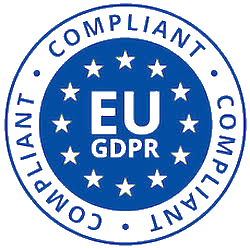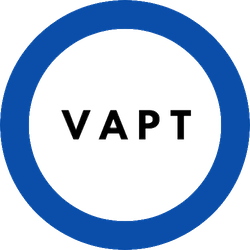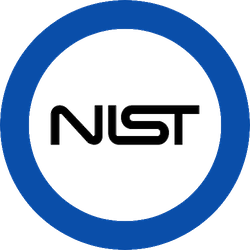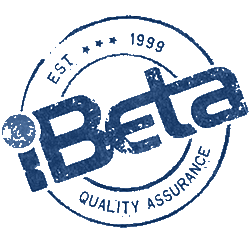I needed to quickly go over the Know Your Customer or KYC check commitments today so we can investigate why these checks probably won’t be attempting as well as could be expected.
You, as of now, have a thought of exactly how much organization, checking and record keeping is required to direct high esteem business exchanges today yet in the event that the entirety of this difficult work isn’t going anyplace, at that point we should infer that the framework is broken and take a gander at methods of fixing it.
Areas where KYC are thought to be failing are:
- Onboarding,
- Number of identifiers,
- Lack of consistency,
- Time and cost to comply,
- Accuracy of data and
- Ability to scale and transfer KYC checks.
Onboarding
A recent paper published a study where they questioned 102 senior people in the banking sector about KYC. These were a mixture of different sized companies from the US, UK and Germany. The study found that it takes an average of six weeks to onboard a new client/customer. A quarter of this process still involves manual tasks which nearly half of those questioned agreed represented a major burden. Leading research agency Thomas Reuters also found that corporations are contacted an average of eight times during the onboarding process.
All of the above leads to a lack of trust with organisations as customers are asked for significant amounts of data and often find discrepancies with what is asked for by other organisations. Quite rightly, customers who aren’t lying shouldn’t have to go through such gruelling onboarding measures because of the smaller minority of customers who do lie.
Identifiers
“A collection of electronically captured and stored identity attributes that uniquely describe a person within a given context and is used for electronic transactions. It provides remote assurance that the person is who they purport to be” ….
“A person’s digital identity may be composed of a variety of attributes, including biographic data (e.g., name, age, gender, address) and biometric data (e.g., fingerprints, iris scans, hand prints) as well as other attributes that are more broadly related to what the person does or something someone else knows about the individual.”
In the paper, they additionally examine what types of documentation are ordinarily required to open a business financial balance.
Accuracy of Data
Absence of exact data and capacity to accommodate data is a critical issue in the KYC procedure as we probably are aware it today. The recent paper announced 57% of respondents found that unwavering quality of data was a noteworthy test of KYC, while 52% referred to opposing data from various sources to be an issue.
How Accurascan Can Help
When including fintech’s use in the KYC procedure, we can perceive how a solitary standard for business substance recognizable proof can limitlessly improve the speed and effectiveness of individual KYC checks. KYC fintech companies like Accurascan contain a lot of reference information, present on the document, that are considered ‘identifiers’, which basically implies that the banks and financial organizations have far less checks to do, since they are now checked and confirmed.
Accura Scan, a pioneer in scanning technology is a perfect solution for the onboarding and KYC of the new customers. At Accura Techno labs, it is our mission to replace the manual KYC onboarding. You can check out more information about us here- https://accurascan.com/download


























